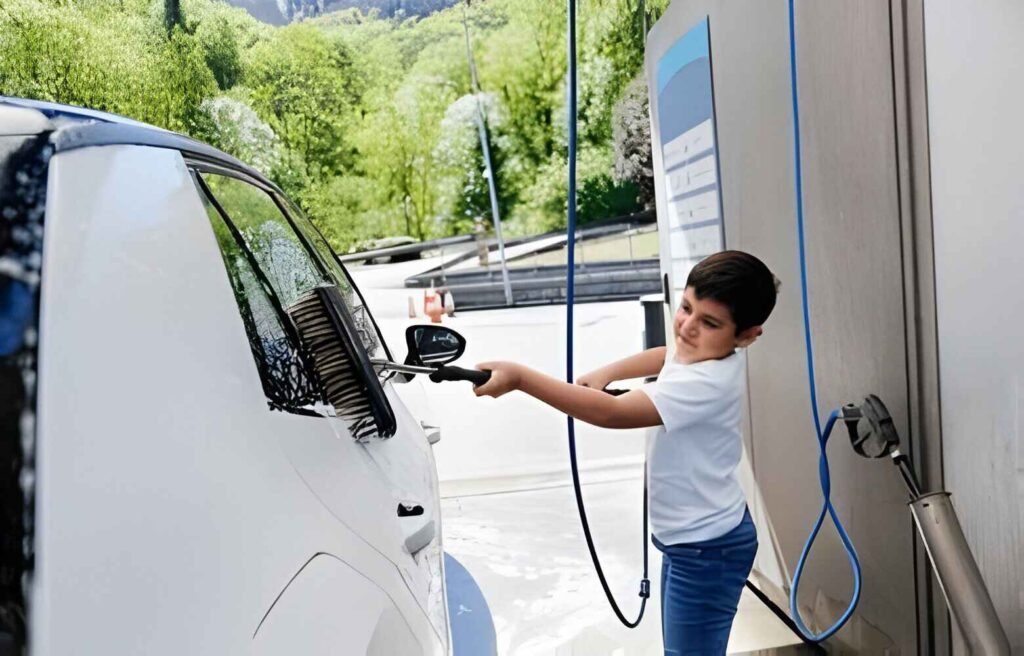routine active maintenance: We are here to ensure your equipment stays in top working condition.
In the current situation, the global economy has become a high-speed system that integrates many steps and operations in less than an eye.
Thus, you must maintain the system effectively to gain a competitive advantage. There is no doubt that daily maintenance is a principal part of sustaining and improving the performance of your equipment, appliances, and electronics. Reparative maintenance starts with the preservation and, even theoretically, an extension of life through the replacement of individual components and sometimes even entire systems, whereas proactive maintenance represents the main element of good operational efficiency. Let’s delve into the significance of ordinary lively upkeep and discover how you can put in force it effectively.
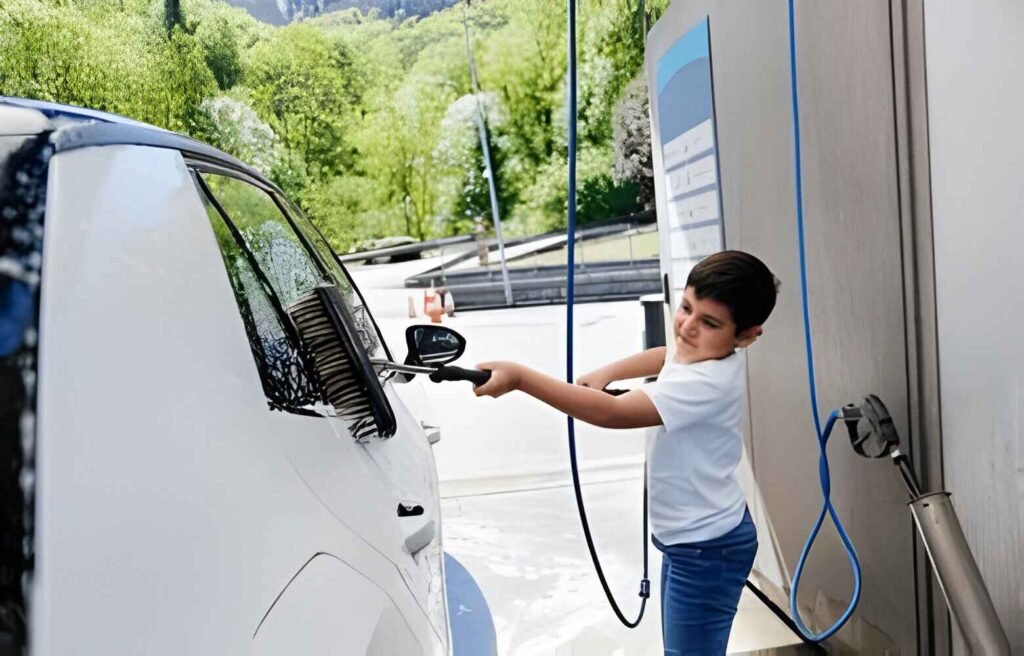
Why Routine Maintenance Matters
Enhancing Performance and Efficiency
Regular upkeep now not only prevents sudden breakdowns but also optimizes the performance of your equipment. By addressing minor issues before they escalate, you ensure that your equipment operates at peak performance, resulting in higher productiveness and price financial savings.
Extending Equipment Lifespan
Just as everyday exercise promotes sturdiness in people, ordinary maintenance extends the lifespan of your system. By lubricating moving elements, replacing worn-out components, and carrying out thorough inspections, you mitigate put-and-tear, thereby prolonging the existence expectancy of your assets.
Minimizing Downtime and Disruptions
If not planned downtime can give your much-needed headache; from the loss of revenue to the discomfort of your clients it can result into the loss of productivity.Through proactive protection measures, consisting of predictive analytics and preventive servicing, you minimize the threat of sudden breakdowns, making sure uninterrupted workflow and purchaser delight.
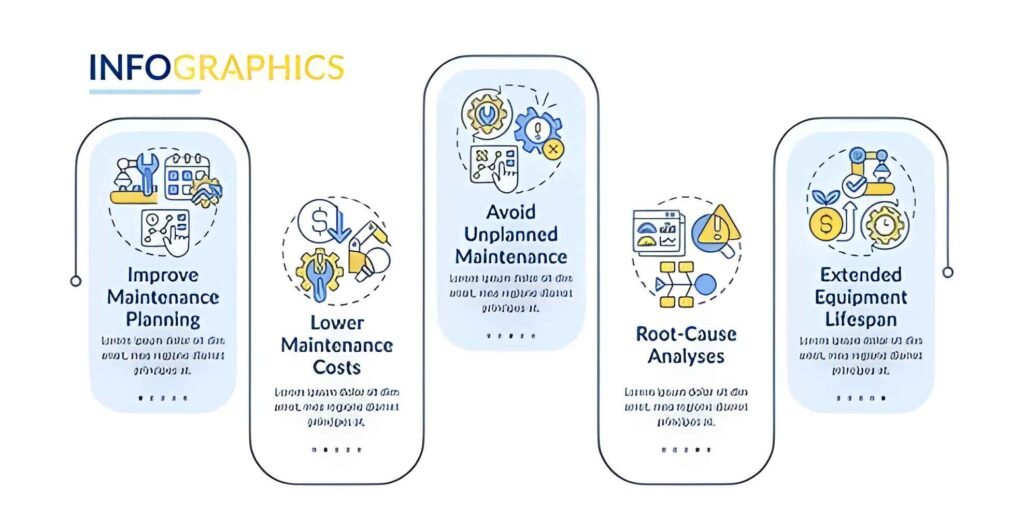
Implementing an Effective Maintenance Strategy
Conduct Regular Inspections
Initiate your maintenance regimen by conducting complete inspections of all systems. Identify any signs of wear and tear, harm, or irregularities and cope with them directly to prevent future disasters.
Create a Maintenance Schedule
Establish a proactive upkeep schedule tailored to the specific requirements of every piece of equipment. Whether it’s daily, weekly, or monthly exams, consistency is fundamental to ensuring the continuous operation of your equipment.
Train Your Personnel
Equip your body of workers with the critical know-how and abilities to carry out habitual maintenance responsibilities effectively. Provide schooling sessions on device operation, troubleshooting strategies, and upkeep methods to empower your crew to autonomously address minor maintenance and renovation obligations.
Utilize Technology Solutions
Embrace era-pushed solutions with predictive protection software programs and IoT-enabled sensors to display real-time device health. By leveraging facts analytics and predictive algorithms, you may become aware of ability issues earlier than they take place, allowing proactive interventions and minimizing downtime.
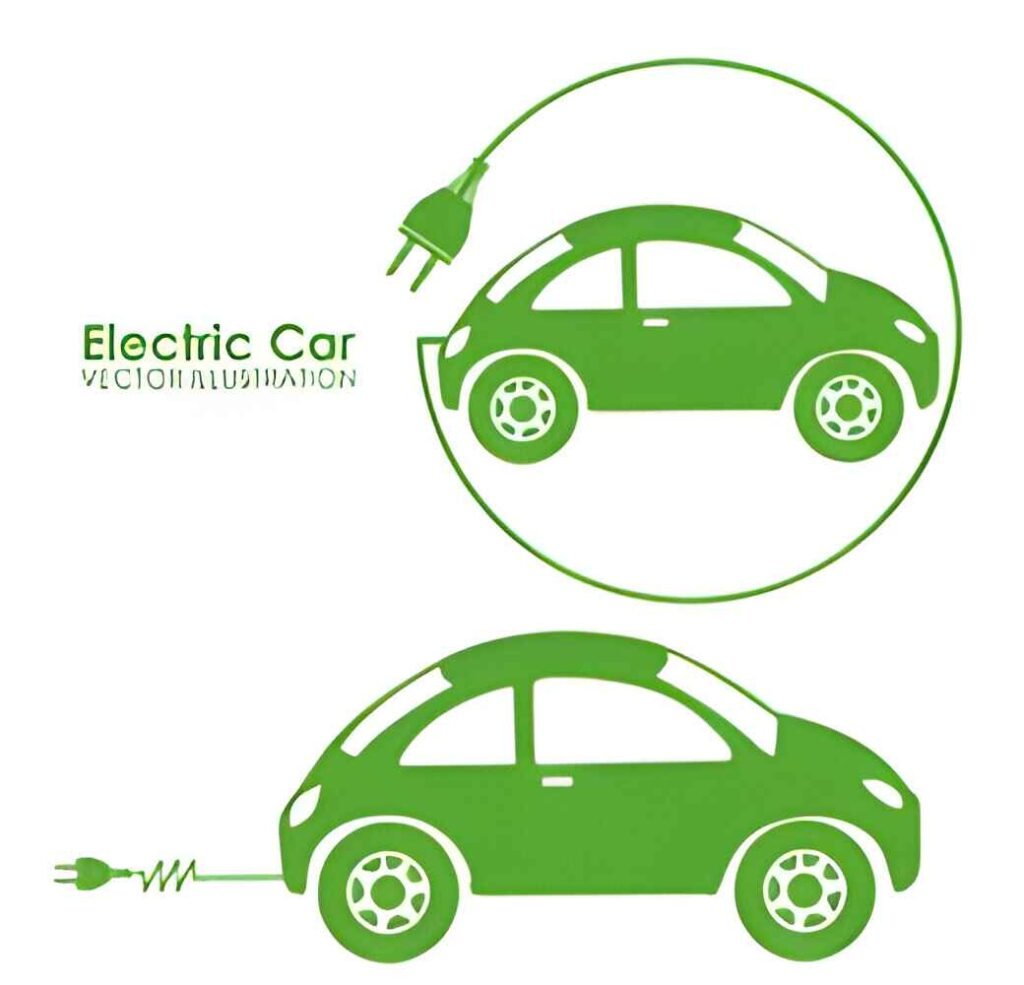
Essential Maintenance Tasks for Your Vehicle
Is that your role on this planet- to help me improve at my job?
It’s paramount to keep your car in good health, too, for its sturdiness and safety on the road. Constant fulfillment of the regular maintenance hatches containing steaming, braking systems control, and aesthetics check-ups are what the first-rate functioning of your car relies on to prevent unforeseen shut-downs. Let’s explore these crucial preservation tactics in detail: Let’s explore these crucial preservation tactics in detail:
Oil Change
Importance
Regular oil adjustments are vital for preserving engine fitness and overall performance. Fresh oil lubricates the engine components, reduces friction, and helps expend warmth, stopping premature wear and tear.
Frequency
It is therefore suggested to change your car’s oil at regular intervals, periodically ranging between 5000 and 7500 miles for the driving behavior and the specific grade of oil you are using. Reference your proprietor’s manual for specific instructions. * Context: In this final stage, an implementation plan will be presented, and the practical steps and strategies to effectively execute the community harm initiative will be highlighted.
Tire Rotation
Importance
Tire rotation can be counted on for having the same tread use on all four tires, and consequently, those tires will be used longer, and the vehicle will be more balanced and easier to handle. It also promotes the most advantageous traction and improves gasoline efficiency.
frequency
The correct articles must be changed once in 6000 to 8000 miles or by the vehicle maker’s recommendation. Uneven tire put-on styles can also necessitate more frequent rotations.
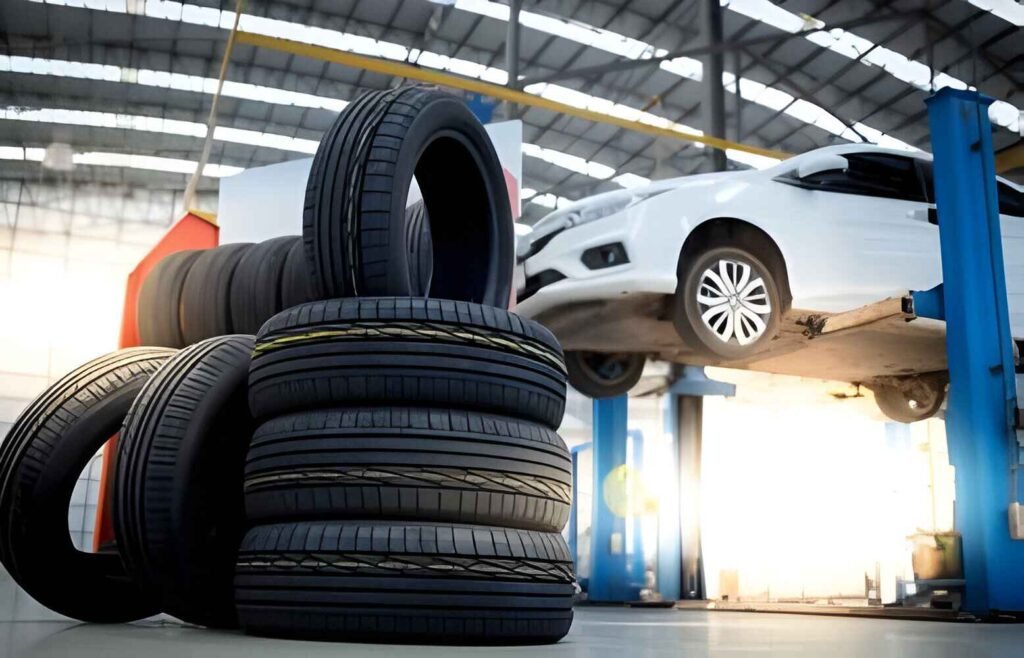
Brake Inspection
Importance
Brakes are critical for car safety, and everyday inspections help pick out worn brake pads, broken rotors, or other issues that could compromise braking performance.
Frequency
Brake inspections must be performed as soon as a year or as your mechanic advocates. Additionally, pay attention to any brake wear symptoms, including squealing noises or pulsating brakes.
Fluid Checks
Importance
Fluids, which include coolant, transmission fluid, brake fluid, and power steerage fluid, play crucial roles in car operation. Regular checks ensure proper fluid levels and pick out any leaks or contamination.
Frequency
Check your vehicle’s fluid degrees month-to-month, especially before long trips or all through intense climate conditions. Top up fluids as wished and deal with leaks promptly to save you harm.
By adhering to these crucial upkeep tasks, you may maintain your vehicle in pinnacle circumstances, prolong its lifespan, and enjoy a safer and smoother user experience. Consult your proprietor’s guide and seek professional help to ensure thorough upkeep and top-rated performance.
Frequently Asked Questions (FAQs)
Q: How often must ordinary maintenance be achieved?
A: The maintenance frequency depends on factors including equipment kind, utilization intensity, and producer suggestions. Sticking to a predetermined renovation agenda is recommended to ensure consistency and reliability.
Q: What are the outcomes of neglecting routine protection?
A: Neglecting recurring maintenance can result in decreased device overall performance, multiplied downtime, high-priced maintenance, and capacity protection hazards. Proactive preservation is essential to mitigate these dangers and maintain your assets’ operational integrity.
Q: Is recurring renovation relevant to all styles of gadgets?
A: Yes, ordinary maintenance is relevant to many devices, including business machinery, automobiles, digital devices, and family home equipment. Proactive preservation measures contribute to more suitable overall performance and durability regardless of the asset type.
Conclusion
In essence, ordinary energetic maintenance isn’t merely a project but a proactive approach to safeguarding your investments and optimizing operational performance. By prioritizing preventive measures, everyday inspections, and technological innovations, you can ensure the seamless operation of your system while minimizing downtime and maximizing productiveness. Embrace the power of ordinary upkeep these days and acquire the rewards of sustained performance tomorrow.
